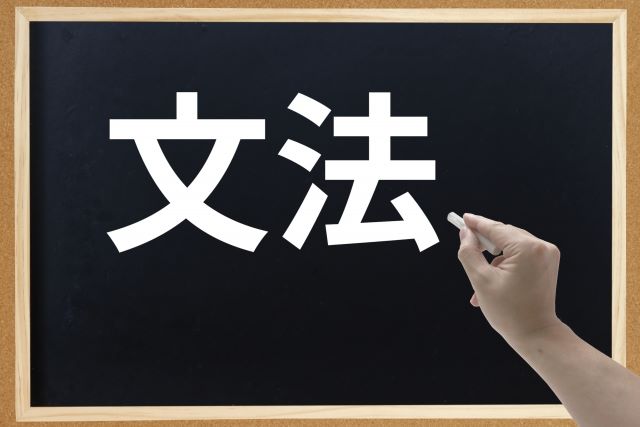「■■■の▲▲▲」と
「
The Difference Between "Saigo no Samurai" and "Samurai no Saigo"
Do you know the difference between "saigo no samurai" and "samurai no saigo"? "Saigo no samurai", which has been made into a movie, refers to the last samurai, the last person in the samurai class. On the other hand, "samurai no saigo" means the end of all those who are classified as samurai. We can write sentences such as, "Saigo no samurai ga inaku natta toki, samurai wa saigo wo mukae mashita." ("When the last samurai is gone, samurai have come to an end.")
When we say "■■■ no ▲▲▲▲," ■■■ is the subject and ▲▲▲▲ indicates the state of affairs. The same is true for "■■■ na ▲▲▲▲," but the "na" is preceded by an adjective such as "beautiful. Therefore, we cannot say "saigo na samurai" or "samurai na saigo."
"Sekai no owari" means the end of the world. "Owari no sekai" means the world at the end of the world. The correct translation in English is "End of the world" and "World that ends."
Next, let's look at the conjunction "ga." The phrase "saigo ga samurai" means that the samurai came last. "Samurai ga saigo" also means the same thing as "saigo ga samurai." Now, let's look at "hana ga aka" and "aka ga hana." "Hana ga aka" means flowers are red, and red things include flowers. The sentence "aka ga hana" implies that everything red is a flower, so this sentence is invalid.
Today I explained some of the conjunctions that connect two words.
sign up for the Japanese-Online Newsletter
__..-・**・-..__..-・**・-.._ あいうえお かきくけこ さしすせそ たちつてと なにぬねの はひふへほ まみむめも やいゆえよ らりるれろ わゐうゑを ん __..-・**・-..__..-・**・-.._
#JapaneseOnline #LearningJapanese #FreeJapaneseLessons #JapaneseVideoLearning #JapaneseAnime #Anime #JapaneseFood #Bloguru

